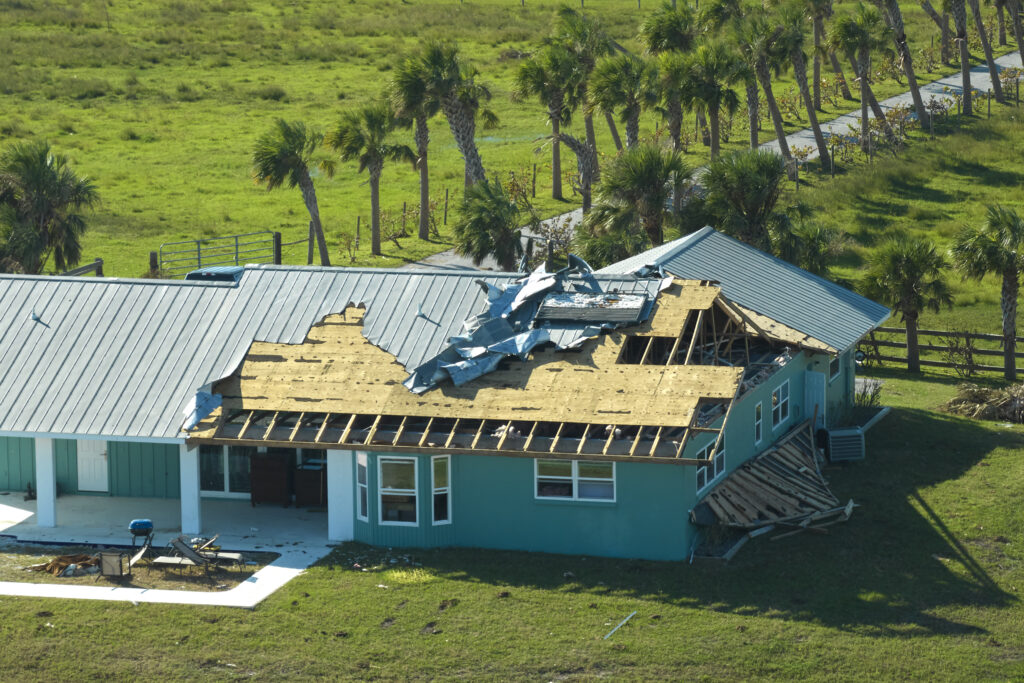Natural disasters can strike unexpectedly, wreaking havoc on properties and finances. To shield against such risks, natural hazard insurance becomes paramount in real estate transactions. This blog aims to elucidate what natural hazard insurance entails and its significance in safeguarding property investments.
Defining Natural Hazard Insurance
- Nature: Natural hazard insurance, also known as catastrophe insurance, provides coverage against damages caused by natural disasters like floods, earthquakes, hurricanes, wildfires, and more.
- Scope: The insurance typically encompasses both structural and content damages, offering financial protection to property owners against a wide range of natural calamities.
- Regional Variations: Coverage and premiums vary based on the property’s location and the prevalent natural hazards in the area.
Importance in Real Estate Transactions
- Risk Mitigation: Natural hazard insurance serves as a crucial risk mitigation tool, providing financial security to property owners in the event of catastrophic events.
- Lender Requirement: Lenders often mandate natural hazard insurance as a prerequisite for obtaining a mortgage, ensuring the property is adequately protected against potential disasters.
- Property Value Protection: Having natural hazard insurance in place can help preserve the value of the property by facilitating timely repairs and restoration in the aftermath of a disaster.
Understanding Coverage
- Standard Policies: Natural hazard insurance policies typically cover damages caused by specified natural disasters, although exclusions may apply based on the policy terms and conditions.
- Additional Coverage: Property owners may opt for additional coverage options to protect against specific hazards not included in standard policies, such as flood insurance or earthquake insurance.
- Policy Limits and Deductibles: Policies come with coverage limits and deductibles, which property owners should carefully evaluate to ensure adequate protection without overextending their budgets.
Procuring Natural Hazard Insurance
- Insurance Providers: Natural hazard insurance can be obtained from various insurance providers, including private insurers and government-backed programs like the National Flood Insurance Program (NFIP).
- Assessment and Quotes: Property owners should conduct a thorough assessment of their insurance needs and obtain quotes from multiple insurers to compare coverage options and premiums.
- Consultation: Seeking guidance from insurance agents or brokers experienced in natural hazard insurance can help property owners make informed decisions and navigate the complexities of insurance policies.
Conclusion Natural hazard insurance is an essential component of real estate transactions, offering vital protection against the unpredictable forces of nature. By understanding the nuances of natural hazard insurance, property owners can make informed decisions, mitigate risks, and safeguard their investments, ensuring greater peace of mind in an uncertain world.

